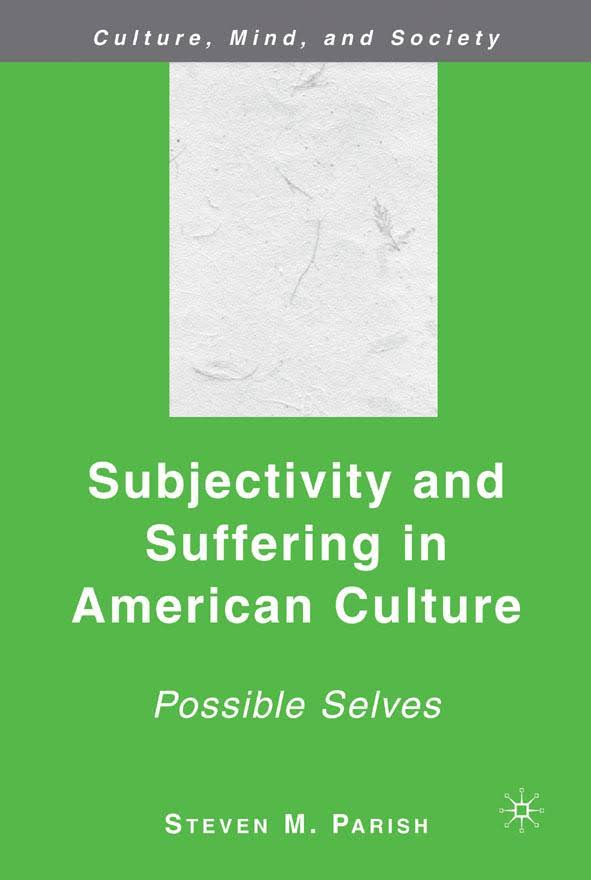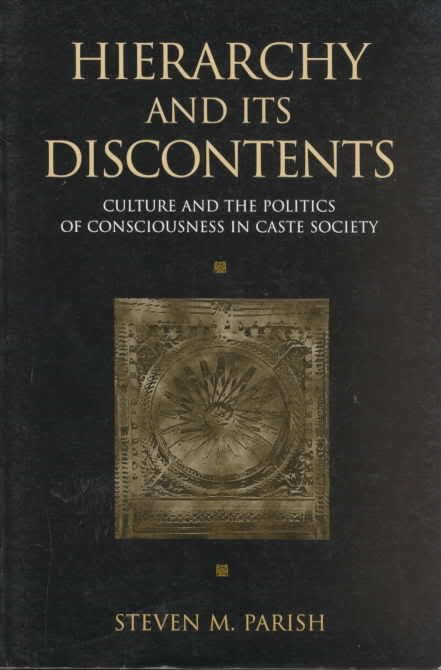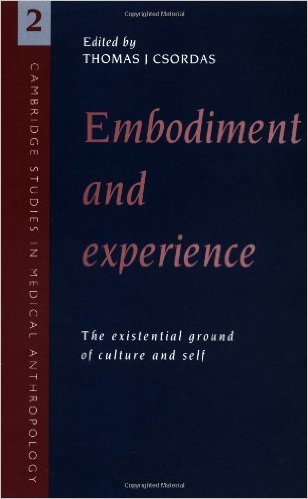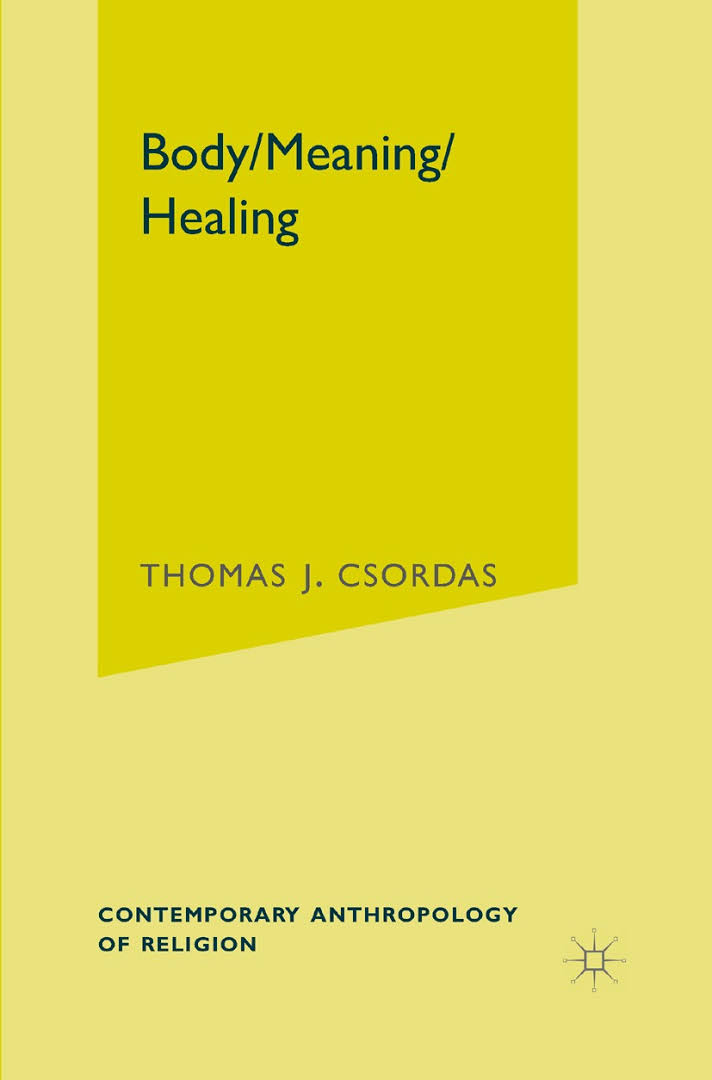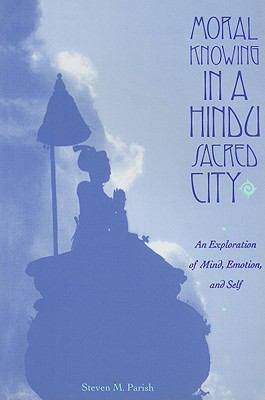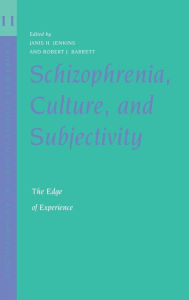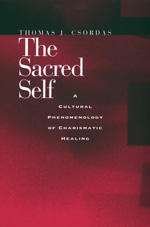Psychological-Medical Anthropology Labs
- The Global Health Lab
- Religion and Health Lab
- The UC San Diego Seminar in Medical and Psychological Anthropology
Faculty: Janis Jenkins, Tom Csordas, Steven Parish, Saiba Varma, Bonnie Kaiser
These labs and the medical and psychological anthropology seminar provide support and coordination for research and graduate student training in medical and psychological anthropology, global health, and person-centered ethnography. For more information, and an overview of our activities and of research and training opportunities, read on...
Center for Global Mental Health (CGMH)
Global Mental Health (GMH) is a field of research, practice, and advocacy that prioritizes mental health for all persons and communities worldwide. As with physical health, mental health concerns all humans, whether as a temporary, mild condition or more persistent and serious condition affecting individuals and families. And, as declared by the World Health Organization, there can be “no health without mental health.” Practitioners of GMH work to counteract social stigma and discrimination that is commonly associated with such conditions.
In addition, the field recognizes mental, neurological, or substance use disorders as the leading causes of disability worldwide. While mental health difficulties affect persons across the socioeconomic strata, they disproportionately affect those who are socioeconomically disadvantaged. This makes GMH a matter of social justice, equity, and human rights. Advancing GMH will require collaborative transdisciplinary effort in partnership with those most affected to enhance lives and wellbeing. While living with mental illness entails suffering that is undeniable, it is important to recognize the active struggle that affected persons muster. Equally important is recognition that such persons are no less human than other homo sapiens, possessing a full range of capacities and abilities, meriting support and respect.
Our current research agenda highlights three themes:
- emotional well-being and academic performance of adolescents
- refugee and immigrant mental health
- technological innovations to enhance socioemotional wellbeing
We investigate cultural conceptions of wellbeing from the perspectives of multiple stakeholders (students, parents, teachers, healthcare providers, community members). Our training mission is student-centered (undergraduate, doctoral, and post-doctoral), research-driven, poised to adopt, develop, and share new research and intervention models, methodologies, and technologies. We have developing collaborations with colleagues in the U.S., Mexico, Haiti, India, Spain, Costa Rica, Ecuador, Brazil, South Africa and Tanzania. The research of the CGMH is trans-disciplinary: cultural, biological, climate-environmental, neuroscientific, epigenetic, mobile health technological.
For more information, go to http://cgmh.ucsd.edu/ or contact the Center Director, Dr. Janis Jenkins.
Location: 3rd Floor, Social Sciences Research Building (SSRB)
Overview: Person, Self, and Experience in Cultural Context
Psychological anthropology seeks to understand the psychological dimension of being human as an integral and dynamic part of social and cultural life. The UC San Diego Department of Anthropology has been one of the major centers for graduate training in psychological anthropology since the founding of the department in 1968. Students have the opportunity to discover what has been learned in anthropology about mind and self, emotion and cognition, agency and experience, motivation and human development, subjectivity and intersubjectivity, illness and disease, psychiatric disorder and psychic wellbeing, religion and healing, embodiment and perception. Under the guidance of faculty who have made major contributions to the field, students develop the knowledge of theory and methods needed to conduct their own research. Graduate students who have been trained in psychological anthropology at UC San Diegohave gone on to teach and pursue research at colleges, universities, and research centers across the United States. Graduates of the program have made significant contributions in teaching and research, and have advanced anthropological inquiry regarding a broad range of research topics. Psychological anthropology at UC San Diego is devoted to understanding human experience from an anthropological perspective. The program at UC San Diego is holistic, pursuing an understanding of the lives and experiences of persons based on the knowledge of society, culture, biology, and psychology. Training in psychological anthropology is integrated into the graduate program, so that students can obtain a thoroughgoing and wellrounded training in social, cultural, linguistic, archeological and biological anthropology. The psychological anthropology faculty forge vital interdisciplinary links with other fields including psychiatry, cognitive science, psychology, and human development.
Training in psychological anthropology allows students to develop research projects focusing on person, self, and experience in cultural context. This focus of the program stresses the integration of approaches that have been developed within psychological anthropology and related fields. Students have the opportunity to pursue research interests in the areas of ethnopsychology, cultural psychology, and psychoanalytic anthropology, psychiatric anthropology, and phenomenological anthropology. The faculty teach students to develop a strong repertoire of research skills and theoretical concepts. The goal is to enable students to use anthropological concepts and methods to explore in depth the psychology of persons in culture and society.
Training and Environment
Entering students take a core seminar in psychological anthropology that gives a solid theoretical grounding in the field and its place within anthropology and the human sciences. Students at all levels continue their intellectual interaction through participation in the Psychodynamic Seminar that meets four times each academic term. The UC San Diego program cultivates a strong sense of cohort and collegiality among students concentrating in psychological anthropology.
Person-Centered Ethnography
Person-centered ethnography has become a major area of ethnographic research, and UC San Diego students can receive training in person-centered ethnographic interviewing methods. These methods allow researchers to give fuller and richer accounts of personal and cultural experience, and to address issues regarding the psychodynamics of cultural experience. In taking the person as the unit of description and analysis, the person-centered approach makes it possible for anthropologists to engage issues of self and identity, mind and emotion, agency and experience, in powerful and illuminating ways. At UC San Diego, the faculty offers training and supervision to help students meet the special challenges of ethnographic research that focuses on actual persons in the social, cultural, and political contexts of their lives.
Psychiatry and Anthropology
The psychiatry and anthropology curriculum introduces students to contemporary psychiatric anthropology including 1) cultural factors in shaping the expression and experience of psychiatric disorder, its course and outcome, and the question of universal and culturally variable features of mental illness. 2) ethnopsychiatry, indigenous forms of psychotherapy, cultural factors in the therapeutic process, and religious healing systems. 3) personal and collective experience of power relations, social hierarchy, and political ethos that shape everyday lives. It also provides an introduction to interviewing, diagnostic, and psychotherapeutic techniques in psychiatry and their potential application to anthropological research.
Medical Anthropology and Global Health
The psychological anthropology program provides anthropological training for students interested in global health and cultural diversity from the perspective of medical anthropology. The program offers students opportunities to learn about the critical difference between disease and illness, the personal and cultural experience of illness and suffering, cultural conceptions of health, doctor and patient interaction, medical science and technology, worldwide variation in the course and outcome of persistent illness conditions, and health care inequalities in relation to ethnicity, gender, and socioeconomic status.
Training in psychological anthropology at UC San Diego helps students pursue their psychocultural research in a variety of ethnographic settings ranging from smallscale indigenous societies to diverse modern and postcolonial societies. Emphasis is on exploring the interconnections of culture, self, and social formations in the context of social change and globalization and with sensitivity to the importance of subjectivity and experience. This emphasis addresses issues of central importance to the social sciences including religion and meaning, culture and identity, gender and sexuality, symbolic and expressive forms, therapeutic institutions and selftransformative practices, inequality and social change, family life and human development, ethnicity, the effects of literacy, media, and education, encounters with other cultural traditions, the formation of dissenting social, religious, and political groups, the developmental and ideological shaping of identity, the emergence of selfconcepts and alterity in social practice, the structuring of cognition into social processes, the development of psychocultural adaptations to subordination, social stratification, inequality, and social change.
Resources within the Anthropology Department
The Seminar in Medical and Psychological Anthropology
The Seminar provides the occasion for students and faculty with interests in Medical and Psychological Anthropology or Global Health o congregate four times per academic quarter to read and discuss influential texts relevant to the field or to listen to and comment on presentations of work in progress by graduate students, faculty, and visiting speakers. The core of the program’s intellectual life since 1996, it is the longest continuously running seminar in psychological anthropology in the United States.
Culture and Psychiatry Interest Grpup
The program also supports an reading and discussion group for students and faculty with special focus in psychiatric anthropology including cultural issues in understanding mental illness, emotional wellbeing, therapeutic process, and the transformation of subjectivity through psychopharmacology, as well as with a range of broader interests within the broader categories of medical anthropology and the impact of science and technology on health.
Additional Resources at UC San Diego
Psychiatry Department
Psychological Anthropology students have the opportunity to take courses in the training program for psychiatric residents in the Department of Psychiatry at the UC San Diego School of Medicine. Topics covered in the residency training program include psychiatric diagnosis and assessment, schizophrenia, depression, personality, adjustment and dissociative disorders, other forms of mental illness, and forms of psychotherapy. The program enables students to observe people suffering from various kinds of psychological disorders and learn how psychiatrists approach the assessment and treatment of their patients.
Cognitive Science Department
Cognitive anthropology investigates the interrelationships of culture and cognition: cognitive anthropologists study how human beings acquire and use cultural knowledge, and how this knowledge is organized in the psyche. Students in the Anthropology Ph.D. program may be eligible to participate in the Interdisciplinary Ph.D. program in cognitive sciences. This program allows students in anthropology to study a second discipline relevant to the study of human cognition, such as cognitive psychology, philosophy, linguistics or the neurosciences.
Human Development Program
Basic questions in the field include: What are the factors that influence how humans develop and change? To what extent is this capacity encoded in the genes? How is learning and environmental influences accounted for? How, in fact, do we learn? The UC San Diego Human Development Program is interdisciplinary, covering a broad spectrum of issues in biological, psychological, and sociocultural developmentfrom physical and cognitive development, to social interaction and the evolution of cultural systems, and incorporating the resources of over 12 UC San Diego Departments.
Books by Psychological/Medical Anthropology Faculty
| Extraordinary Conditions: Culture and Experience in Mental Illnessby Janis H. Jenkins |  Pharmaceutical Self Pharmaceutical Selfedited by Janis H. Jenkins |
|
Subjectivity and Suffering in American Culture |
Hierarchy and its Discontents |
|
Edited by Thomas J. Csordas
|
Body / Meaning / Healing |
|
Moral Knowing in a Hindu Sacred City |
Edited by Janis Hunter Jenkins and Robert John Barrett
|
|
The Sacred Self |

